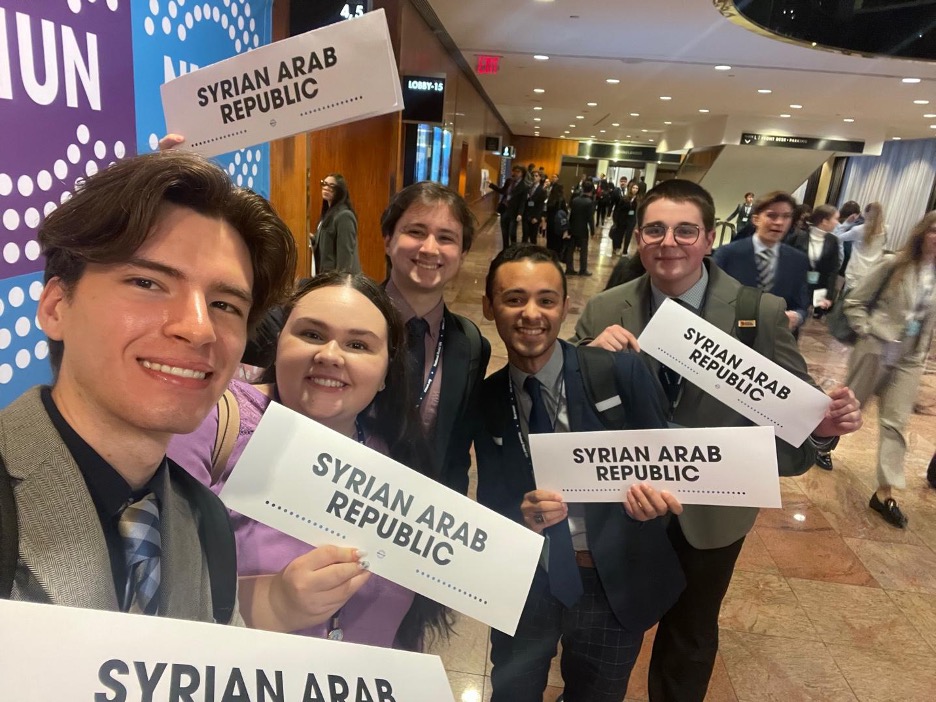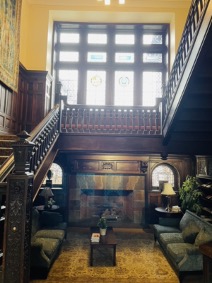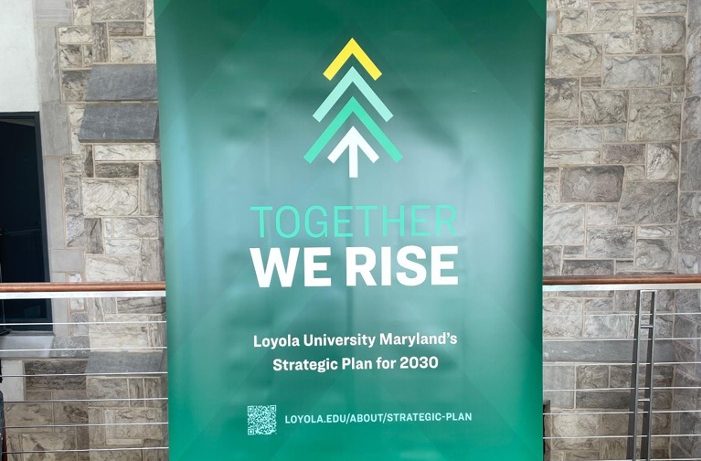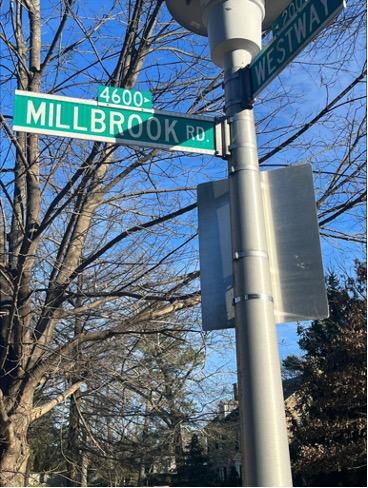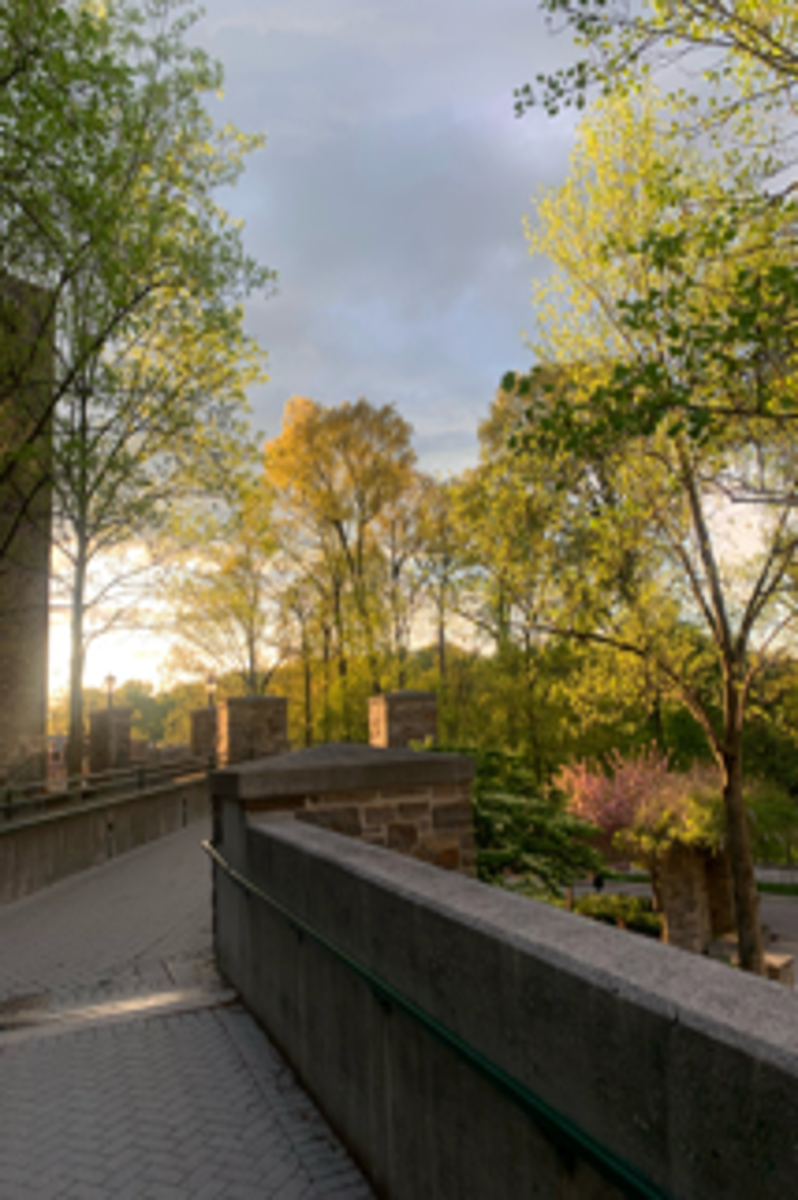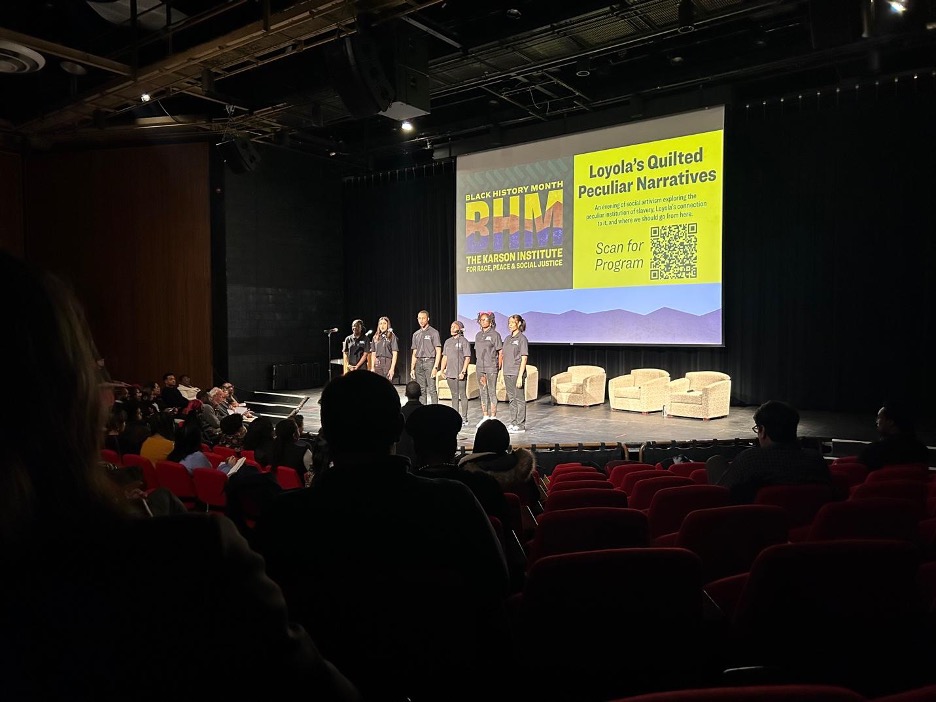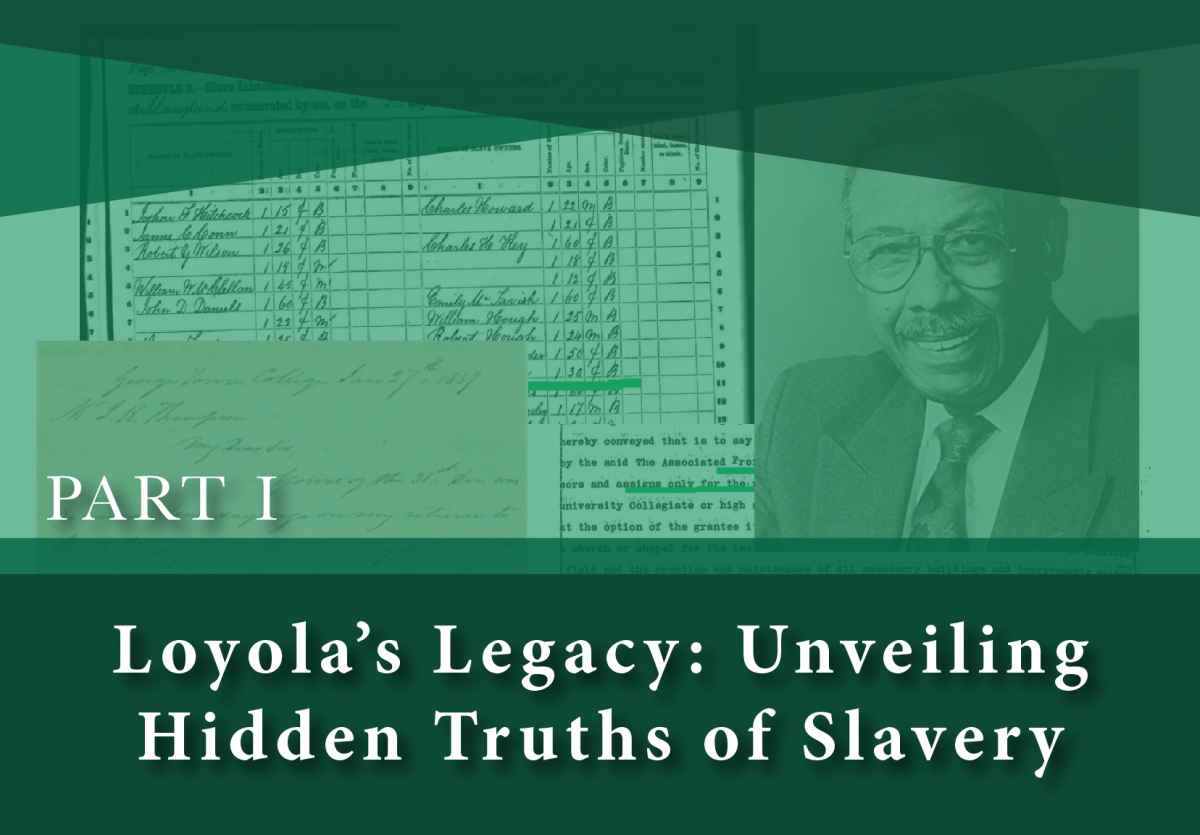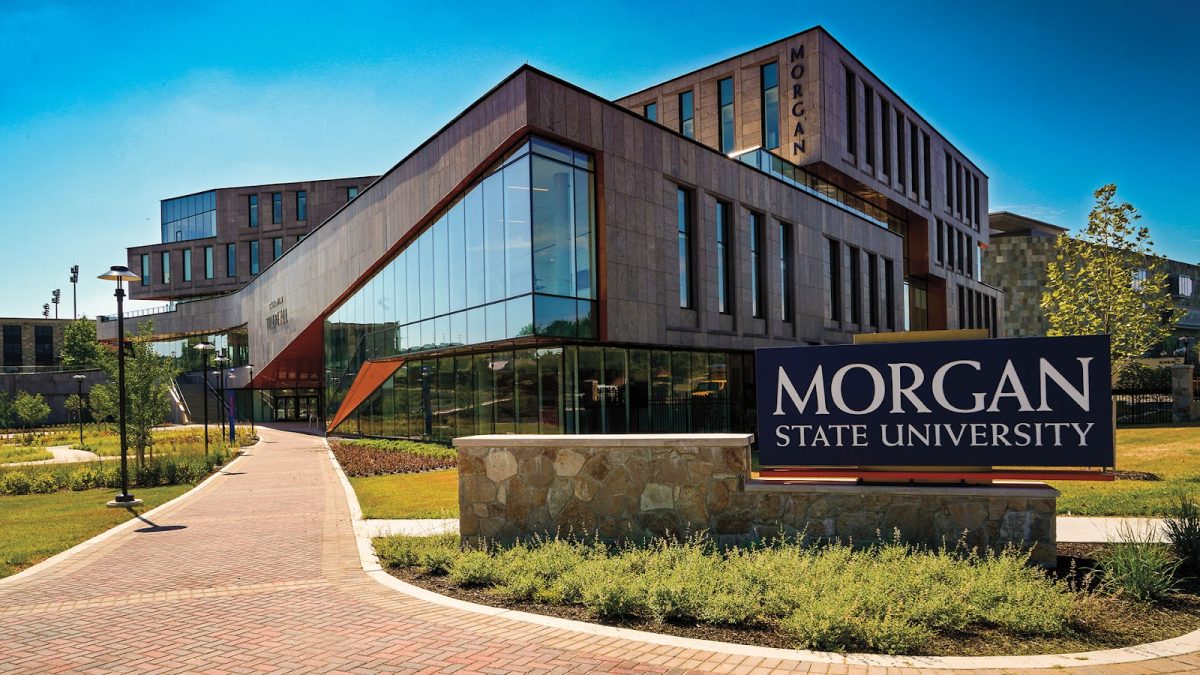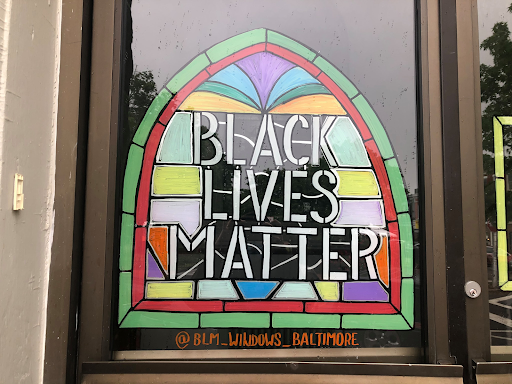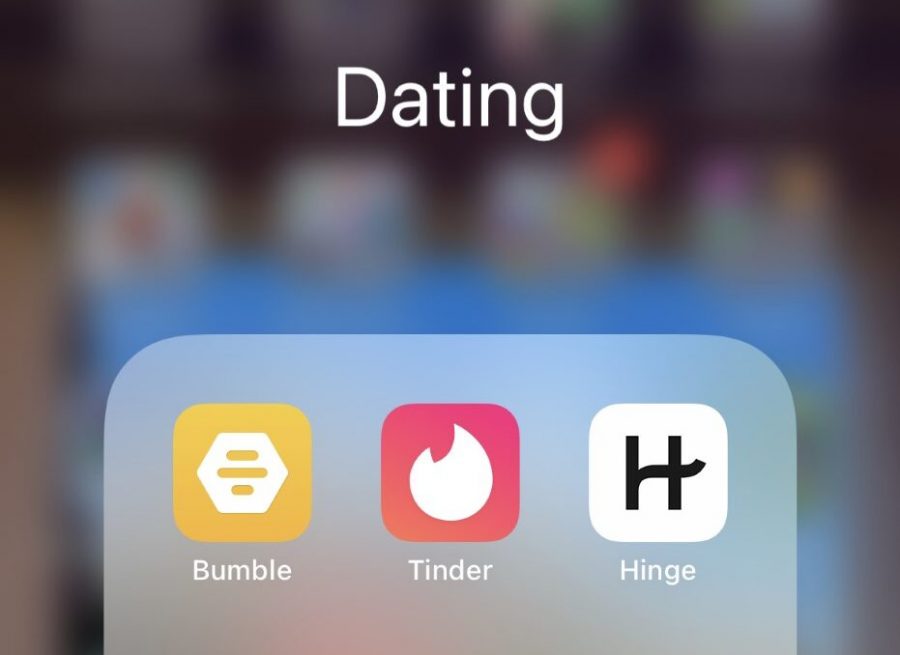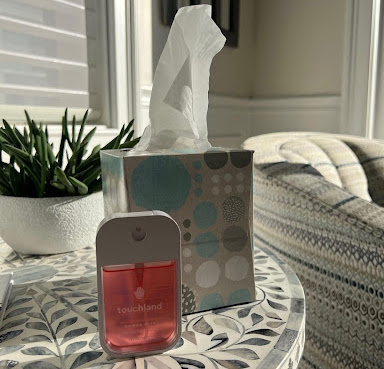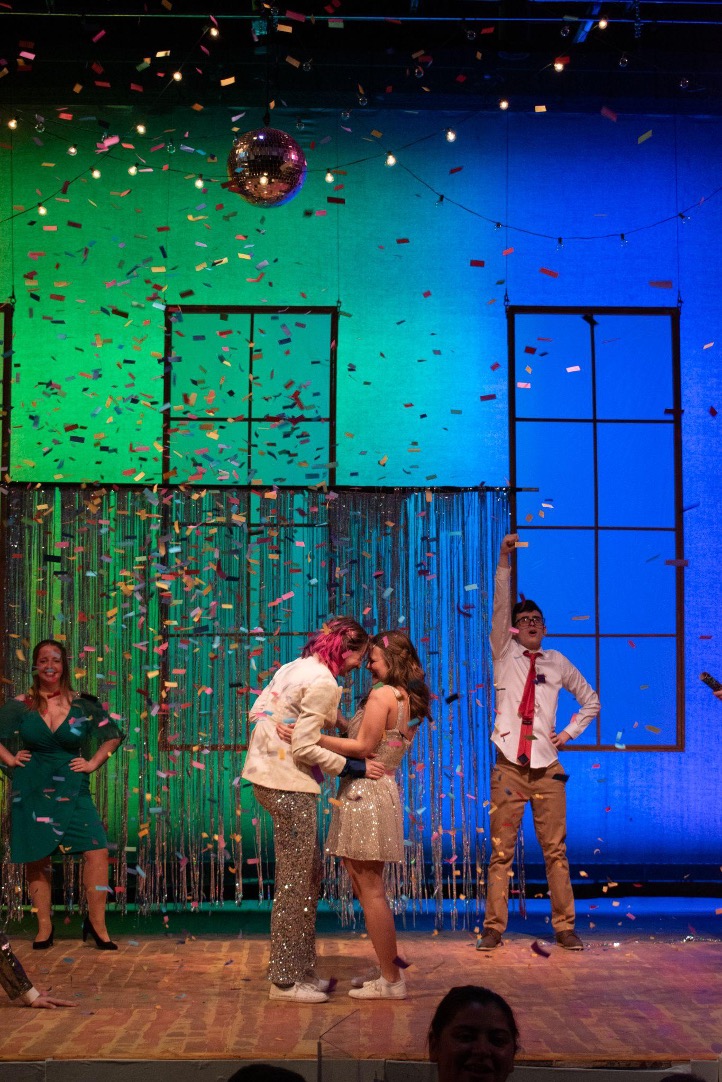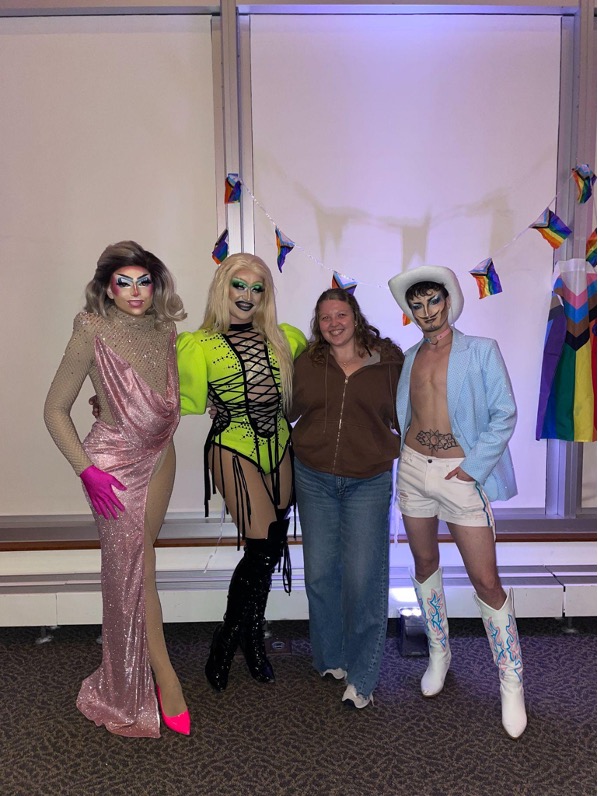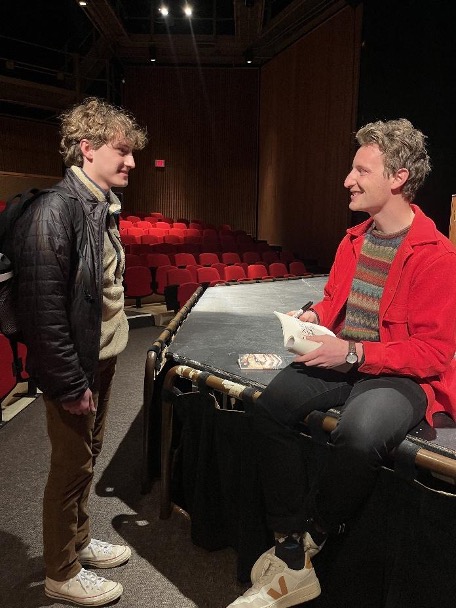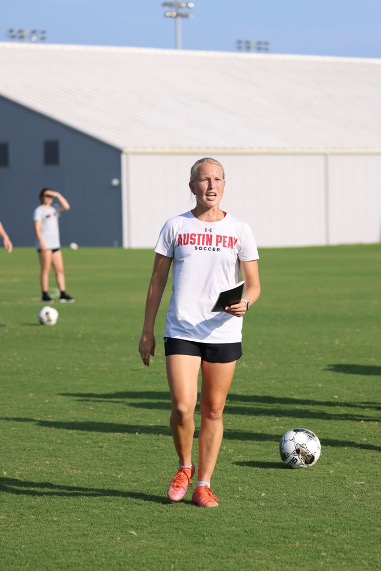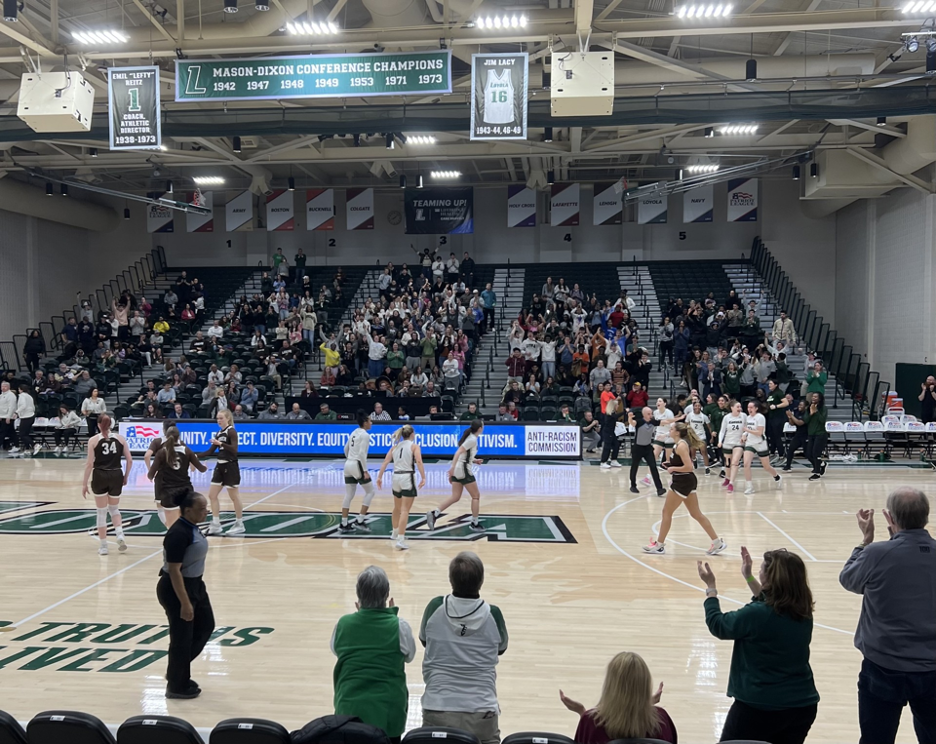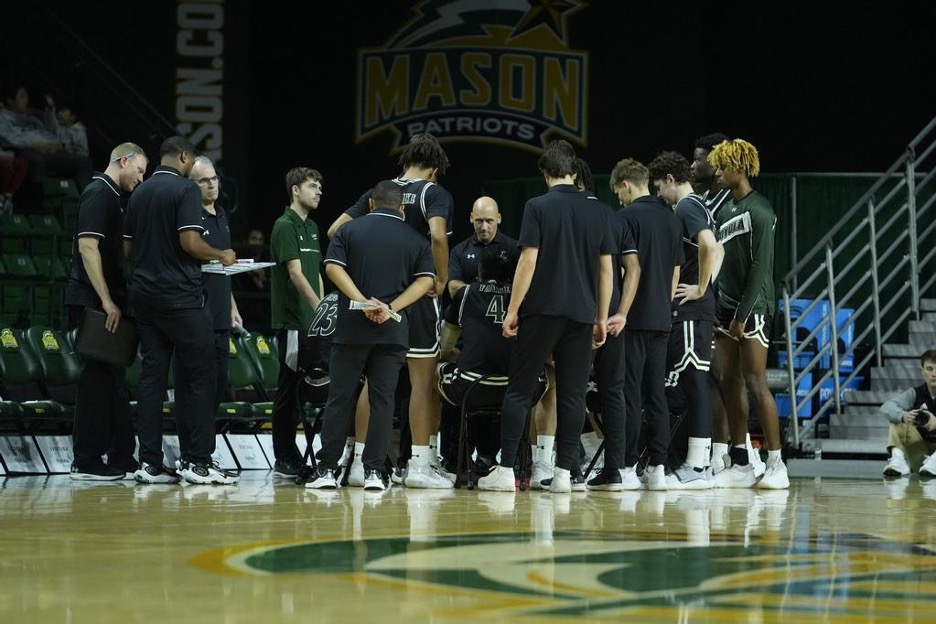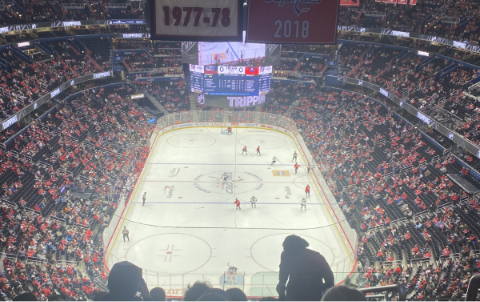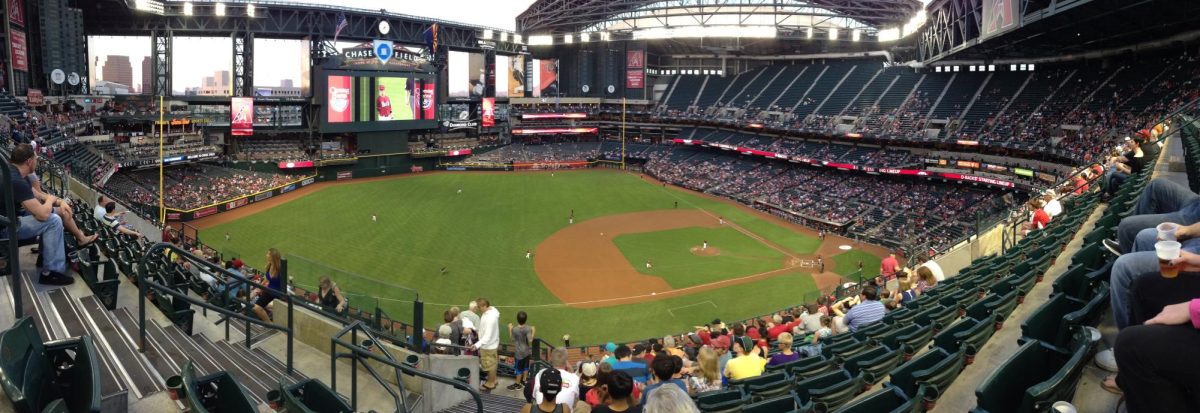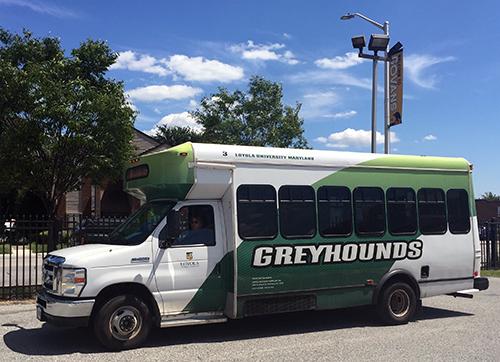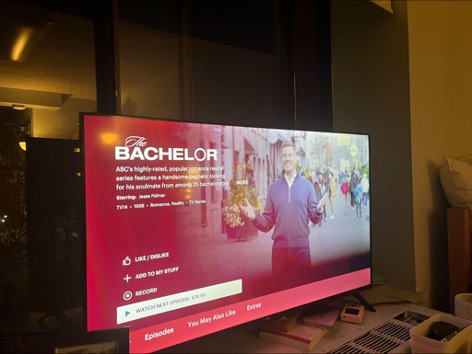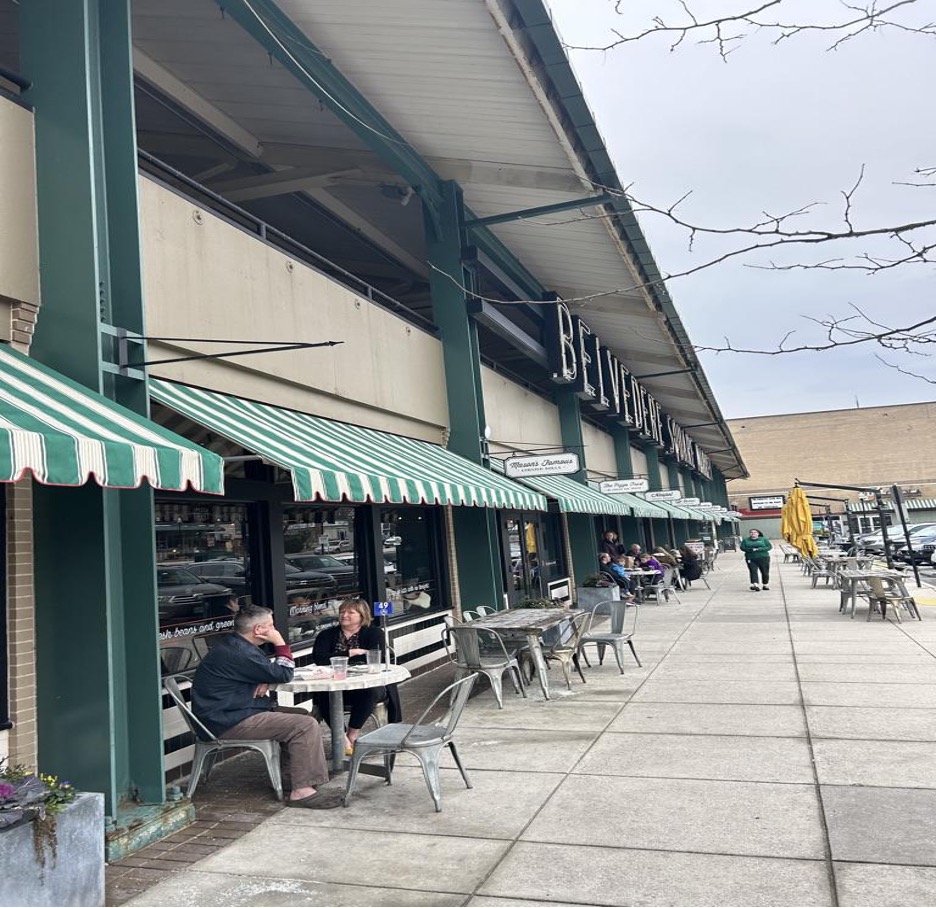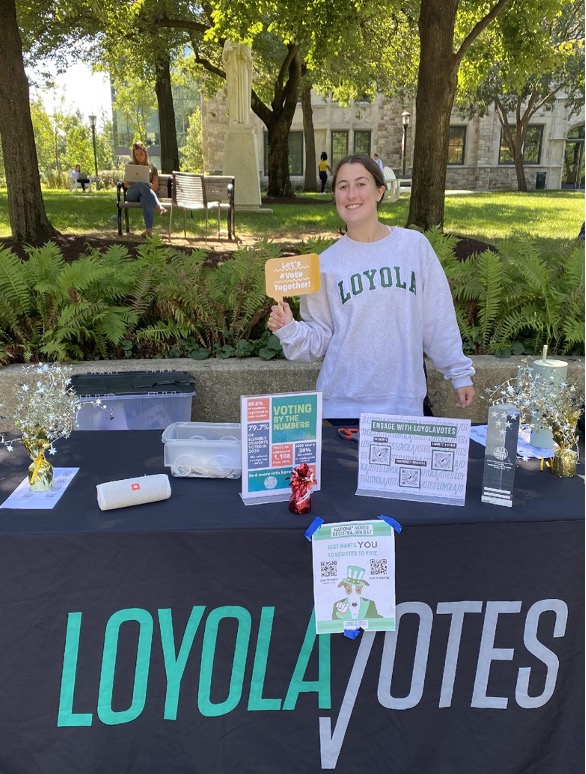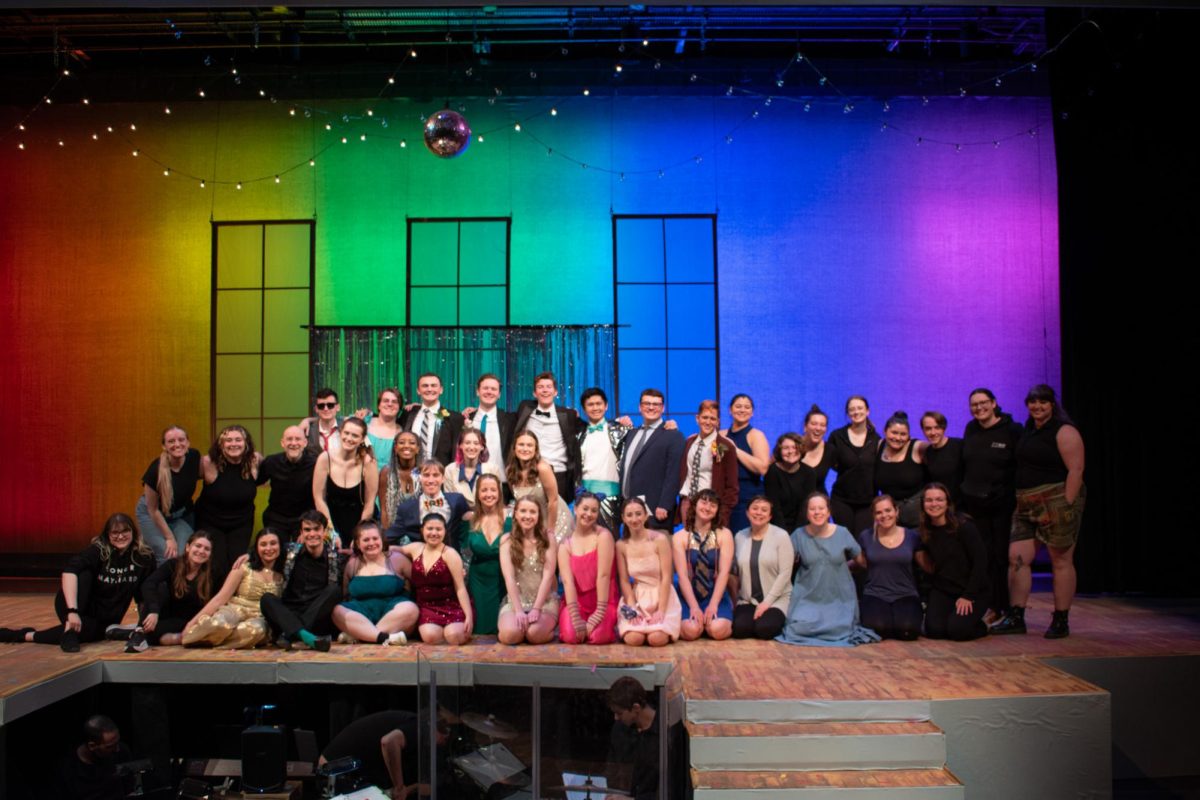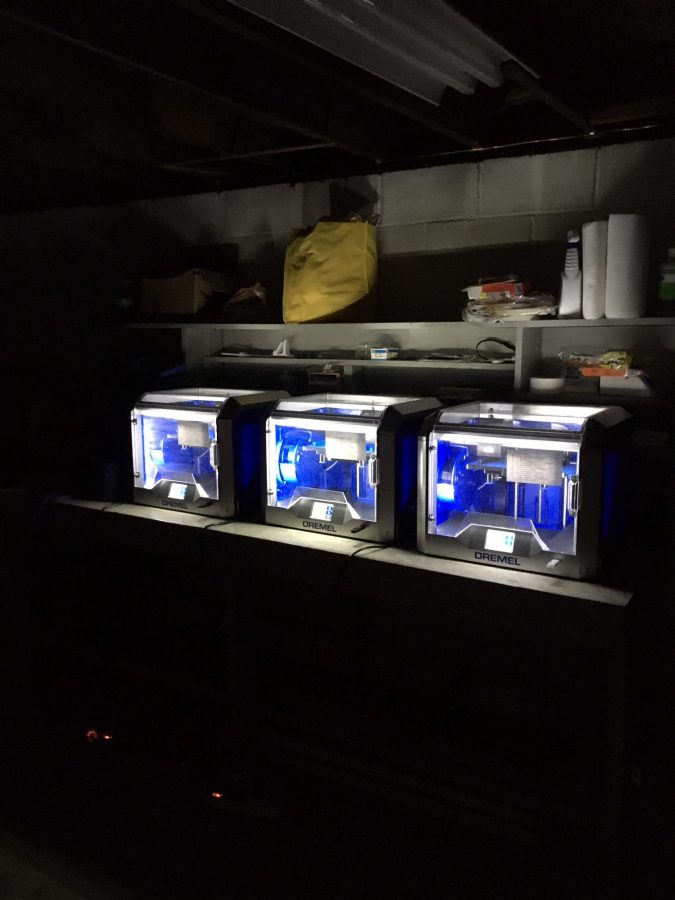Additional Reporting by Stefan Joyce
Campus may be closed, but that hasn’t stopped the Loyola community from taking action in response to COVID-19. In addition to preparing online course material and trying to maintain virtual connections with their students, faculty members from all departments have joined the efforts to create adequate protective equipment for both medical workers and the general public.
Over the past month, Yanko Kranov, laboratory manager and affiliate professor of engineering, Matthew Treskon, technology librarian, and Billy Friebele, assistant professor of fine arts, have been working together to create face shields for medical workers on the front lines. Using 3D printers, the team has been assembling as many as possible each day to send to hospitals.
“This is immediate, and going to be ongoing, and I’m going to keep on making them until we are told that the need has been filled,” said Treskon.

The library’s makerspace, where Loyola students, faculty, and staff can gather to work on projects using shared equipment, has previously been utilized for projects that overlap in both fine arts and engineering. Now, although each person is not working directly on campus, their differing backgrounds and skill sets have proven beneficial in printing each unique part of the shield before sending to another makerspace, Open Works, which has been putting together each part and connecting with hospitals.
“Up until this point, we were assisting each other with different needs that we had,” said Kranov. “Now, we can see how we can complement each other for this situation.”
Going forward, Friebele hopes to see more collaboration between departments and additional resources for working on valuable projects, like the face shields, to help Baltimore at large.
“We see that it can be used for social justice, basically, which is also a huge part of Loyola’s identity,” said Friebele.
In addition to Kranov, Treskon, and Friebele, other faculty members have also been doing what they can to help others during the pandemic. Dr. Jean Lee Cole, an English professor at Loyola, followed CDC guidelines advising the public to not wear face masks during the early stages of COVID-19 in the United States. Public use of masks was said to drain resources from the people working on the front lines. The dominating argument that face masks do more to relieve people’s anxiety than prevent illness, too, was enough to give this conversation less attention. It wasn’t until opposing, credible arguments in favor of public mask use started gaining traction that Dr. Cole began working to disseminate tested, carefully-designed templates for people to make their own protective gear at home.
Dr. Cole’s sister-in-law, an urgent care doctor, provided a “personal appeal” to Dr. Cole’s mask-making. The relative was warned she may need to resort to using bandanas and scarves if masks ran out. After scoping the internet for mask patterns already circulating and following those original templates, Dr. Cole shared her work with her sister-in-law— only to find that the masks were too small to be effective.
Altering these measurements, and using household materials that require little reliance on craft stores or products that are in high demand at this time, like elastic, Dr. Cole was able to create more effective, accessible masks that can be made without leaving the house. Dr. Cole continues to make masks for others in addition to her sister-in-law, but believes circulating the template on her blog will create more masks in the long run. As efforts to fight the coronavirus escalate, Dr. Cole recommends researching organizations that are already involved in this work.
“Follow what credible organizations are doing,” Dr. Cole said. “Rather than going off on your own, I would think about what are the organizations near you that are organizing those events or those efforts and to coordinate with them.”
Dr. Cole isn’t alone in her efforts to provide face mask resources in the Loyola community. Janet Maher, Professor Emeritus of Art, is also updating her blog during COVID-19, sharing both her coping mechanisms during this time and information videos on how to make face masks using common household materials.
Regardless of the shutdown, the Loyola community has still found ways to uphold the mission to serve others, especially at a time of great uncertainty. While the coming months are unpredictable, the desire to find positivity in the disorder remains strong.
“I feel like it’s too soon for some grand message, but I do feel like the one thing this has given me is something to focus my energy on because there’s a lot of anxiety and fear in this moment,” said Friebele. “To be able to redirect all of that nervous energy into something positive, or at least try to help, is helpful and I think that’s a core part of Loyola.”
Featured Image Courtesy of Matthew Treskon


